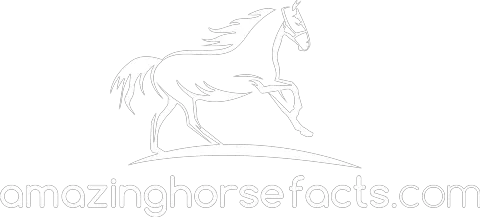Skip To Section
Horses can cost anywhere between tens of thousands and tens of millions of dollars. Reasons vary including size, age, pedigree, training, breed, and more.
But the main reason that horses are so expensive is that the investment requires heavy annual upkeep. These costs included a lifetime supply of food, shelter, land, healthcare, equipment, and more.
1. The Maintenance
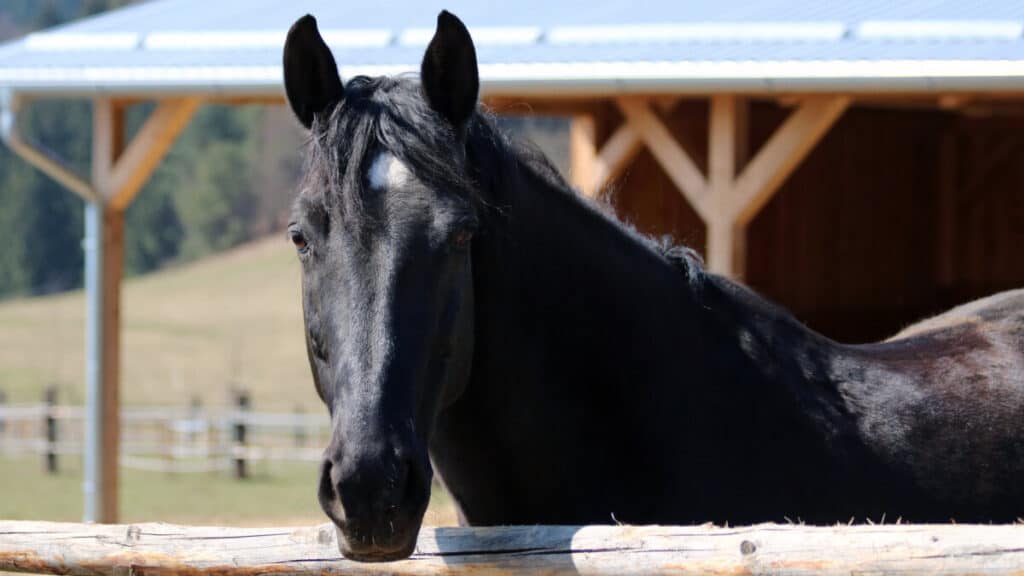
Maintaining and caring for a horse requires both monthly and annual contributions to its expenses. These long-term expenses often consist of healthcare costs like dental work and medication, as well as the costs of food and supplies.
Typical Annual Costs Of Caring For Horses
Many people wonder why are horses so expensive. But when you look at the basic costs, just as you would for another pet, you’ll see that you have a much bigger animal on your hands.
Further, horses need lots of equipment and medical care that other animals simply don’t.
Below are some of the annual expenses a horse owner will face.
- Dental work (expect to pay about $200 per year, depending on the horse’s dental health)
- Standard annual vaccinations (about $200 per year)
- Anti-inflammatory medications and dewormer medications (about $500 per year)
- Farrier costs (between $1500 and $1800 per year on average)
But on top of all of these annual expenses, you have to consider the expenses you will pay to keep the horse.
These expenses include the cost of your land, property insurance, or fences/barns.
Typical Monthly Costs Of Caring For Horses
As with any animal you care for, you have basic costs like food, water, and grooming. But with horses, these expenses go a few steps further.
If you want to properly care for a horse, you will probably end up paying for staff to do hourly check-ups on your horse. Unless you know how to do so yourself, you’ll need this care to do the following for your horse:
- Muck the stall
- Pick the paddocks
- Fill the water
- Feed grain to the horse
- Check on the horse’s health
- Turnout and turn in
This professional care could cost up to $600 per month, or more if your horse is in its senior age or needs special care.
Water can cost around $20 extra per month, with supplies like buckets and forks ringing in around $50 per month. And with the collective cost of shavings, hay, and grain adding up to about $450 per month, you see how you can expect to pay quite a bit.
2. Riding, Lessons, And Training
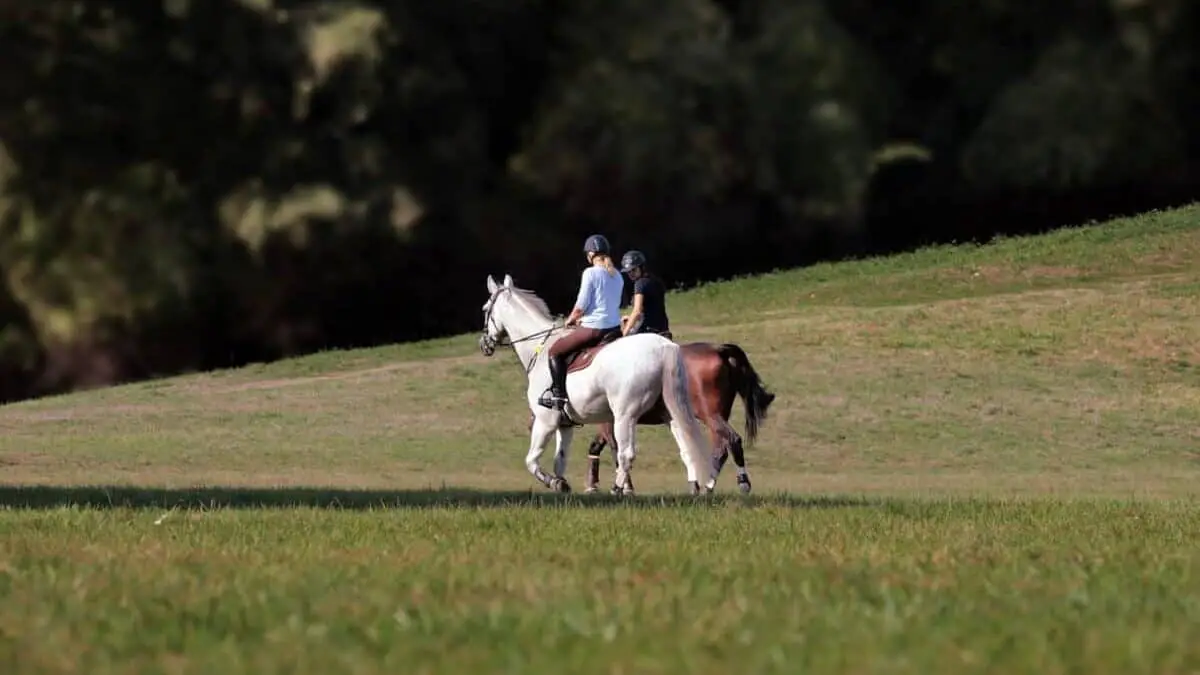
Of course, there is more to paying for a horse than just buying it and paying for its needs. After you buy a horse, you’ll decide whether you want to ride it, train it, or use it for other services.
Training Your Horse
Many people want to learn how to ride their horse (if it’s a riding horse), and this means you have to pay for lessons and the services of a trainer.
A trainer can assess your horse and help you understand whether it will be easy to ride or not. These costs can vary depending on the location where you live since some trainers will include the boarding and care fees in your training fees.
The prices will also vary depending on the trainer’s credentials, experience, style of training, and whether or not your horse is open to learning easily. Different types of horses take to training better than others, and this is especially true when comparing rescue and bred horses.
Riding And Lessons
And once the horse is properly trained for riding, you also have to put in some work to ride it. If you want to get riding lessons, you can expect to pay at least $50 per hour in most places.
Considering that you’ll need quite a few lessons before you’re fully comfortable riding your horse, you can see how this expense quickly adds up.
Factors that affect the cost of riding lessons include the type of riding, your own experience, the instructor’s skill level, and the location.
3. Illness And Old Age
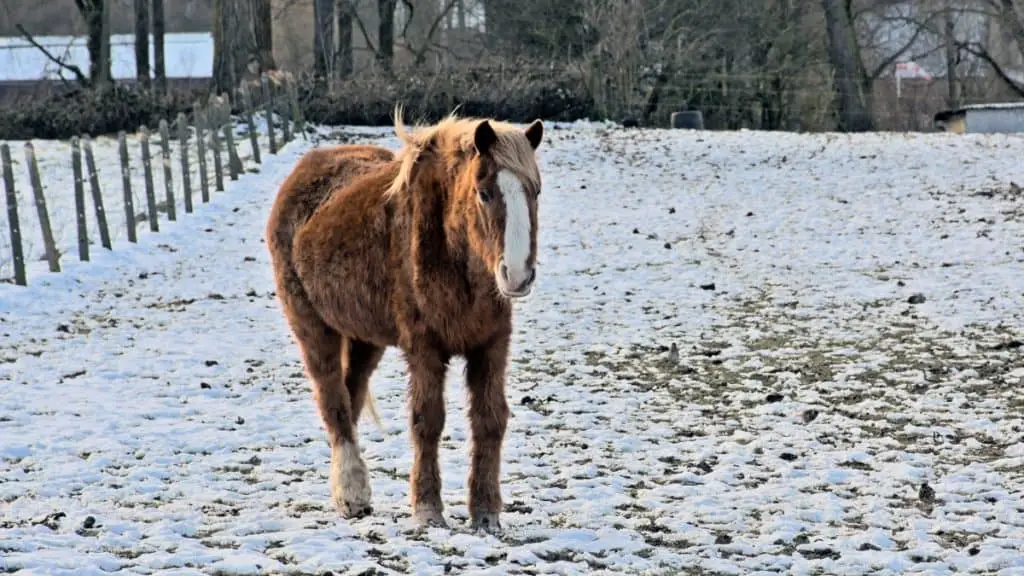
Illness And Health
Another big reason that horses cost so much money over time is that they often incur illness and health issues as they age. According to Equus, the five areas of horse health that deteriorate with old age are:
- Arthritis
- Weight loss
- Loss of fitness/agility
- A weakened immune system
- Poor dental health
As the horse gets older, you’ll also want to look out for serious and life-threatening illnesses such as colic and GI issues. Cushing’s disease and lameness also show up as the horse ages, and preventing these issues costs a lot of money in veterinary upkeep.
Age
As your horse gets older, expect to put extra care and maintenance into these areas of its health in order to keep them in tip-top shape. The costs will likely increase as the horse ages.
Most horse breeds typically live between 25 and 30 years, although some horses even live past 40 years old. This is a pretty long lifespan for a pet or animal you are keeping.
Considering this lifespan, note that your expenses will get spread out over possibly decades, depending on the horse’s age when you take it in.
4. Breeding, Pedigree, And Size
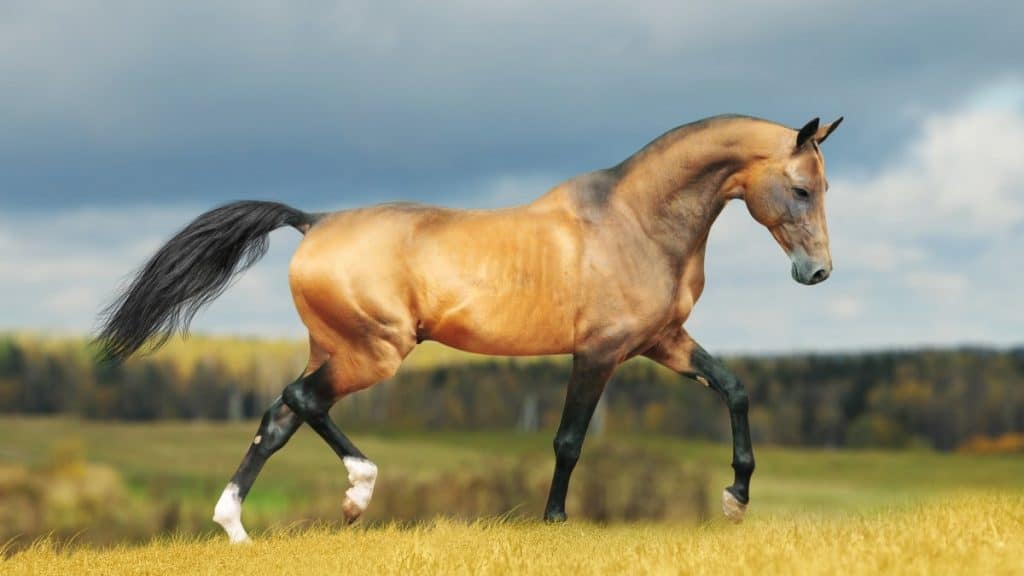
In addition to the above factors of horse cost, keep in mind that bred horses typically cost more than rescued ones, at least at first. The thing is that rescued horses may have more health issues or training costs than a bred horse, even though a bred horse costs more to buy.
Breeding
Depending on a horse’s breeding, its cost can vary a lot. Some horse breeds cost up to millions of dollars each, such as the Thoroughbred horse. This is one of the most expensive in the world and is often used for racing.
On the other hand, you may acquire a horse breed like a Clydesdale or Tennessee Walker, which each only cost a few thousand dollars on average.
Pedigree
A horse’s pedigree is basically its family tree and has to do with its bloodline/breeding over the generations. Horses with good pedigree are healthy over many generations, making them equipped for good health and traits.
You will pay much more money for a bred horse with good proof of pedigree than you will for a bred horse that you don’t know anything about.
Size
And finally, the size of the horse you get will affect almost all aspects of cost. It’s common sense that a larger horse will eat more food, drink more water, and require more cleaning and grooming than a smaller horse.
So, when you consider this increase in need, you can see that a larger horse costs more on average. Note, however, that a smaller horse doesn’t necessarily always cost less.
You also have to consider the breed and other factors when considering the size. For example, a pony might cost just as much as a well-bred horse or more to maintain and take care of.
Conclusion
Buying a horse is never a free thing, even in the case of rescuing a horse. The annual expenses of a horse typically add up to thousands of dollars, and that’s not including the initial price of some expertly-bred horse breeds.
Horse ownership is expensive as horses are large animals that require extensive medical care, boarding, training, and supplies.
References
- https://www.thestreet.com/personal-finance/the-real-cost-of-a-ride-7-expenses-first-time-horse-owners-arent-expecting-12825020
- https://lessons.com/costs/horse-riding-lessons-prices
- https://amazinghorsefacts.com/what-is-a-chestnut-horse/
- https://horseyhooves.com/average-horse-lifespan/
- https://equusmagazine.com/horse-care/expect-horse-grows-55194
- https://ventured.com/most-expensive-horse-breeds-world/
